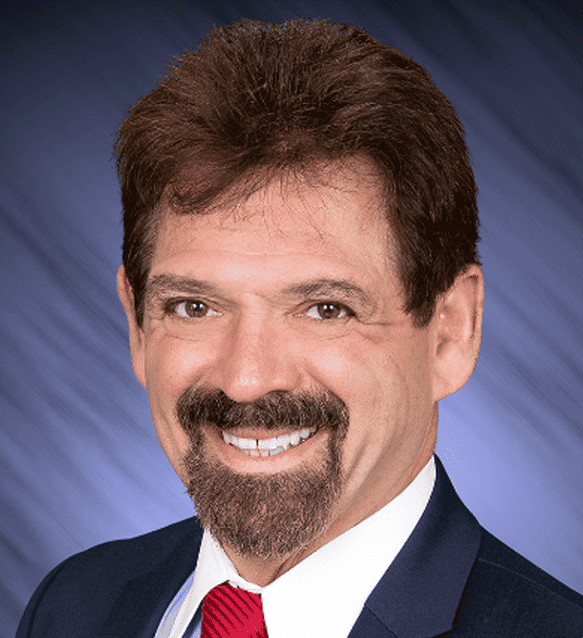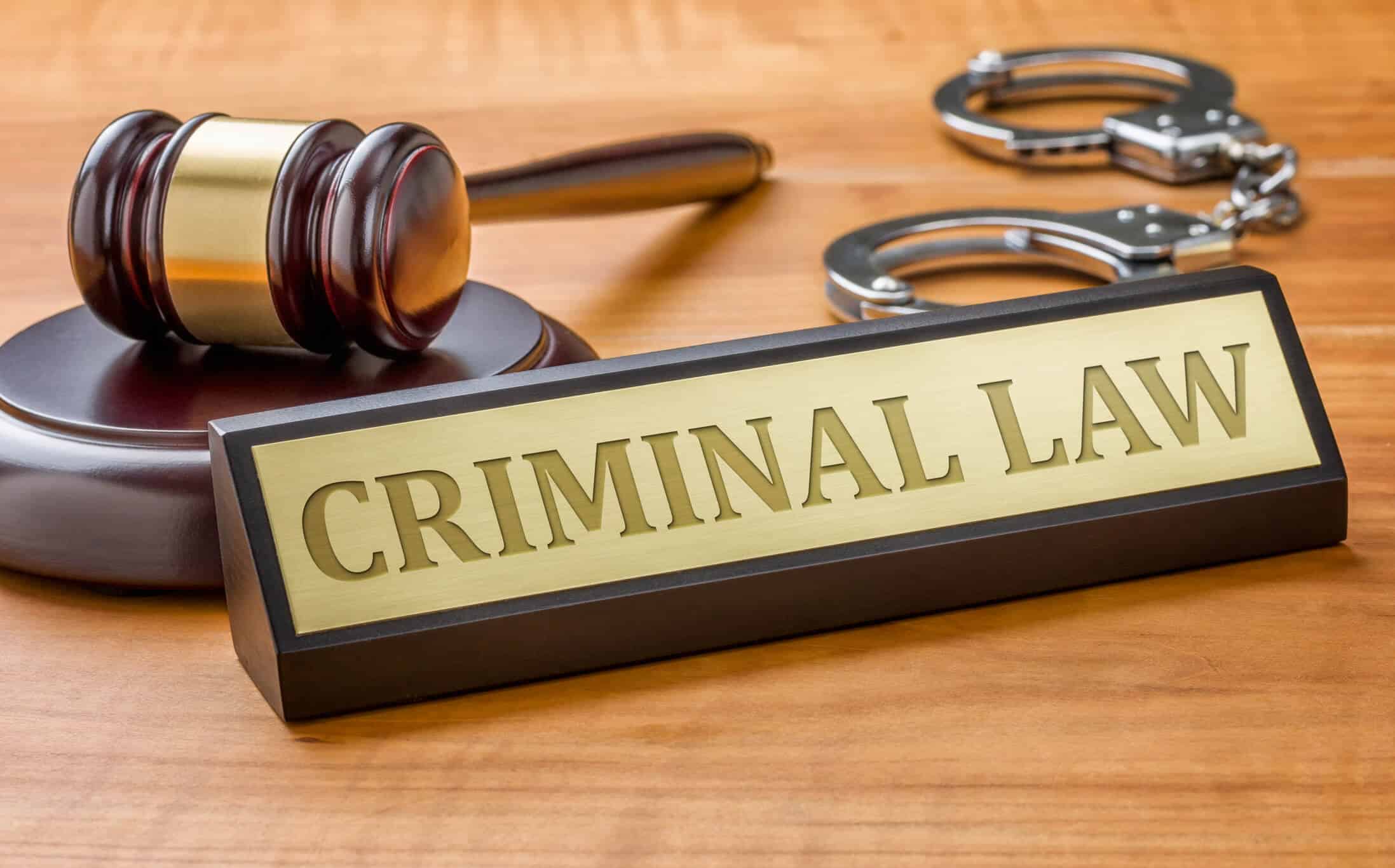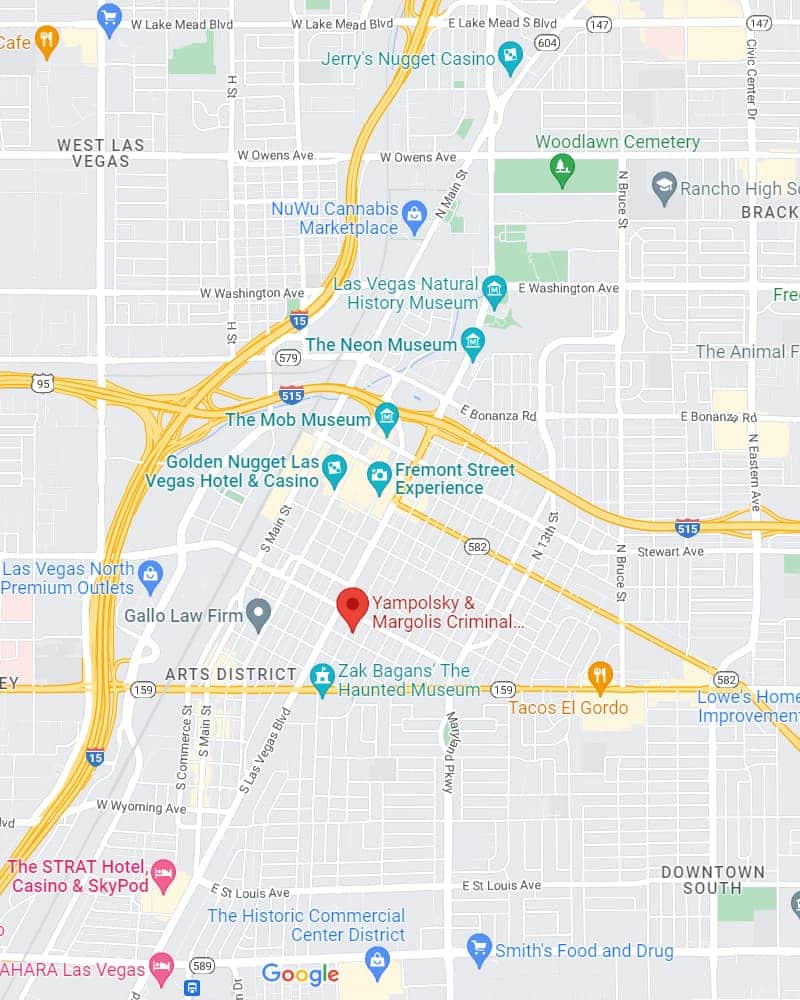About Us
Law Offices of Mace J. Yampolsky are Criminal Defense Lawyers in Las Vegas Helping Clients Seek Justice
If you or a loved one are facing criminal charges in Clark County, you may worry about how this will affect your future, what penalties you face at sentencing, which could include jail time and hefty fines. Violation of certain laws in Nevada may even result in the death penalty. During this difficult time, you need legal counsel you can rely on from attorneys who have knowledge of Nevada law that can give you the edge in defending yourself. For criminal lawyers who know how to get results and will fight aggressively for a positive outcome in your case, contact Law Offices of Mace J. Yampolsky at (702) 385-9777.

Our Services
How May We Help You?

40+ Years Combined Experience
Why Should I Choose Law Offices of Mace J. Yampolsky to Represent Me?

The 40-plus years of combined experience gained by the attorneys at Law Offices of Mace J. Yampolsky have given us the skill to advocate on your behalf. We have seen many different clients in varying situations, and we know how to adjust each case for the best chance at a positive outcome because of this vast array of experiences.
Law Offices of Mace J. Yampolsky should be your first choice when it comes to criminal defense because of the wide range of cases we handle. We are familiar with the details of the law in many areas of criminal justice, from white-collar crimes to sex crimes to juvenile defense and federal charges. We have seen it all and we know how to get you the results you need.
The fierce determination of the attorneys at our firm is just another of many reasons to hire us for your criminal defense needs. We know that you are placing your trust in us and that your very life may be at stake. We will fight aggressively to seek justice for you, leaving no stone unturned while investigating the details of your case to build you the strongest defense possible. The prosecutors know they are in for a difficult fight when you hire us.
Our Team
Aggressive Defense Lawyers Prepared to Fight for You!

100% Focused On Your Case

Testimonials
Client Success Stories
over a thousand clients represented
Do the Criminal Lawyers at Law Offices of Mace J. Yampolsky Defend People Charged with All Types of Crimes?

The criminal defense law firm of Law Offices of Mace J. Yampolsky has experience fighting a wide variety of crimes in the criminal justice system, including felonies. Some of the many felony cases we have been involved with include drug conspiracy crimes, white-collar crimes, and violent crimes like kidnapping and murder. In many cases, we have been able to lessen the sentencing of the individual or even get all of the charges dismissed. We are proud to fight for the constitutional rights of the person accused of such crimes.
Sometimes, especially in the case of white-collar and other business offenses, the individual did not realize that their actions were against the law. This can be a key aspect of the person’s best defense when facing violations of federal criminal law. Whether you have to go to federal courts or state courts, you need a trusted criminal defense attorney who can stand by your side. You need to look no further than the criminal lawyers at Law Offices of Mace J. Yampolsky to advocate on behalf of your defense in such serious matters as felonies in the State of Nevada.

case results
Our Recent Victories
NOT GUILTY VERDICT
Defendant charged with sexual assault. Case brought to trial in State court.
RESULT: NOT GUILTY
Defendant found competent to stand trial in Nevada murder and robbery charges. Defendant complained of hearing voices and having sleep problems. This was reversed in front of the US supreme court.
NOT GUILTY on a conSecutive Life sentence
Defendant charged with sexual assault. Case brought to trial in State court.
RESULT: NOT GUILTY VERDICT FOR EACH OF THE 13 CO-DEFENDANTS ON ALL 541 COUNTS
13 Co-Defendants and 541 counts involving use of computers and inside knowledge to wager large sums of money to their advantage.
NOT GUILTY on a conSecutive Life sentence
Defendant charged with sexual assault. Case brought to trial in State court.

FAQs
What Qualities Should I Look for in a Criminal Defense Lawyer?
When looking for the right lawyer for you, pay attention to the experience and credentials that person offers. You need someone who understands the law and can handle any criminal case due to their experience in the field. They should also be willing to investigate and look for details that can create a strong defense against the charges you’re facing.
Can Hiring a Lawyer Help Me Avoid Convictions?
In a case with a criminal offense, the onus is on the prosecution to prove you guilty. Hiring a criminal defense lawyer can help you avoid accidentally incriminating yourself, as well as painting the best picture of you for the judge and jury in order to get you the best outcome, such as dismissing the charges. You may be feeling upset or scared, but a defense lawyer can help ground your emotions and give you a strong defense based on logic and reasoning.
What Should I Do First If I’ve Been Arrested in Las Vegas?
Unfortunately, a fun time in Las Vegas could potentially lead you into trouble with the law. In this case, the very first thing you should do is to hire a criminal defense lawyer with knowledge of Nevada law to begin building a strong defense for you. Knowledge of Nevada law is key to getting a positive outcome in your case, and you can rely on Law Offices of Mace J. Yampolsky to be your ally regardless of the charges you’re facing.
Is Prostitution a Sex Crime in Las Vegas, Nevada?
Contrary to popular belief, prostitution is not legal anywhere in Nevada, including Las Vegas. If you have been charged with any sex crime, including prostitution, rape, child pornography, or lewdness with a minor, turn to our trusted criminal defense attorneys for help. We have been defending clients for over 40 years and we know how to get the results from sex crimes cases that you are looking for.
What is White Collar Crime according to Nevada Law?
White-collar crime is how we refer to a criminal offense that was committed in the business world, such as fraud, embezzlement, and identity theft. These crimes are unique because the defendant had a position of trust within the organization that gave them access to resources that most people do not have. You will need a criminal defense attorney on your side to defend yourself against white-collar charges.
Does Age Affect How My Child’s Case Will be Handled in Juvenile Courts?
Yes, your child’s age will impact how their case is treated in Nevada juvenile courts. Most individuals who committed a crime before they were 18 will be tried in juvenile court. Very young children may be exempt from punishment completely, depending on the nature of the criminal offense. If the person is over 18 and the crime was committed before they turned 18, they can still be tried as a juvenile in Nevada as long as they are not more than 21 years old.
How Soon Can I Get My Criminal Record Expunged in Nevada?
Generally, take place after a waiting period. different types of cases have different waiting periods. For DUI and domestic violence cases you must wait 7 years after the case is closed.
What Can I Do to Defend Myself if I’ve Been Charged with Murder?
Even though murder charges are some of the most serious a person can face, this does not mean hope is lost. Charges are not the same as convictions! With skilled criminal defense attorneys, you can get your best image presented to the jury as well as create doubt as to your guilt. This can lead to either a lower sentence or even getting all the charges dismissed.

Competent & experienced representation
Does Experience Matter When Hiring A Criminal Defense Attorney?

When you are faced with the prospect of imprisonment, huge legal fines, and the hassle of carrying around a criminal record, it may come as little surprise to you that the experience level of your criminal defense attorneys can make a huge difference. Thorough knowledge of the law can help a talented and experienced criminal defense lawyer illustrate to the jury that you do not deserve the worst sentencing should you be convicted.
Our law firm has handled many cases where, although our clients expected to be proven guilty by the court, they were surprised to receive a much more lenient punishment than they might have gotten with a less experienced defense lawyer. You deserve to have attorneys who know how to handle pretrial negotiations, litigation, and courtroom defense in such a way that can get your charges dropped or reduce the sentencing on your behalf, so contact us today.

Our Legal Blog
Latest News & Insights
At Law Offices of Mace J. Yampolsky Criminal Defense Las Vegas, we recognize how much is at stake

We’re available 24 hours a day, 7 days a week
Contact Our Law Offices to Get Start With Help on your Case Today!

You probably already have a sense of how serious a matter it is when it comes to facing criminal charges in Nevada. Whether in the case of residents or out-of-state visitors, the law demands that justice be served. However, you have rights as well that need to be protected. The fact is that when you face law enforcement and the courts alone, you may wind up facing harsher sentencing than you deserve. With a criminal defense attorney on your side, you can have a strong ally in your corner. At Law Offices of Mace J. Yampolsky, our proven credentials of over 40 years of combined legal experience are enough to make a tremendous difference in your case. Don’t delay in reaching out to us to schedule a free consultation to discuss the details of the criminal charges you are facing. Every criminal case is different, and we can help you best when we understand the full nature of the situation you are in.
We welcome visitors to our conveniently located law office at 625 S 6th St in Las Vegas, NV, just 11 minutes from Lorenzi Park and 8 minutes from Lions Memorial Park. Our office is also a mere 20 minutes from the Harry Reid International Airport (LAS). Call us today to schedule an appointment at (702) 385-9777.


















